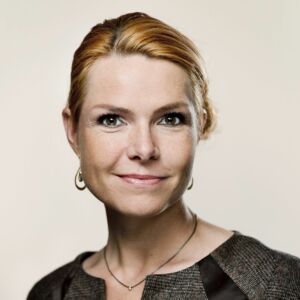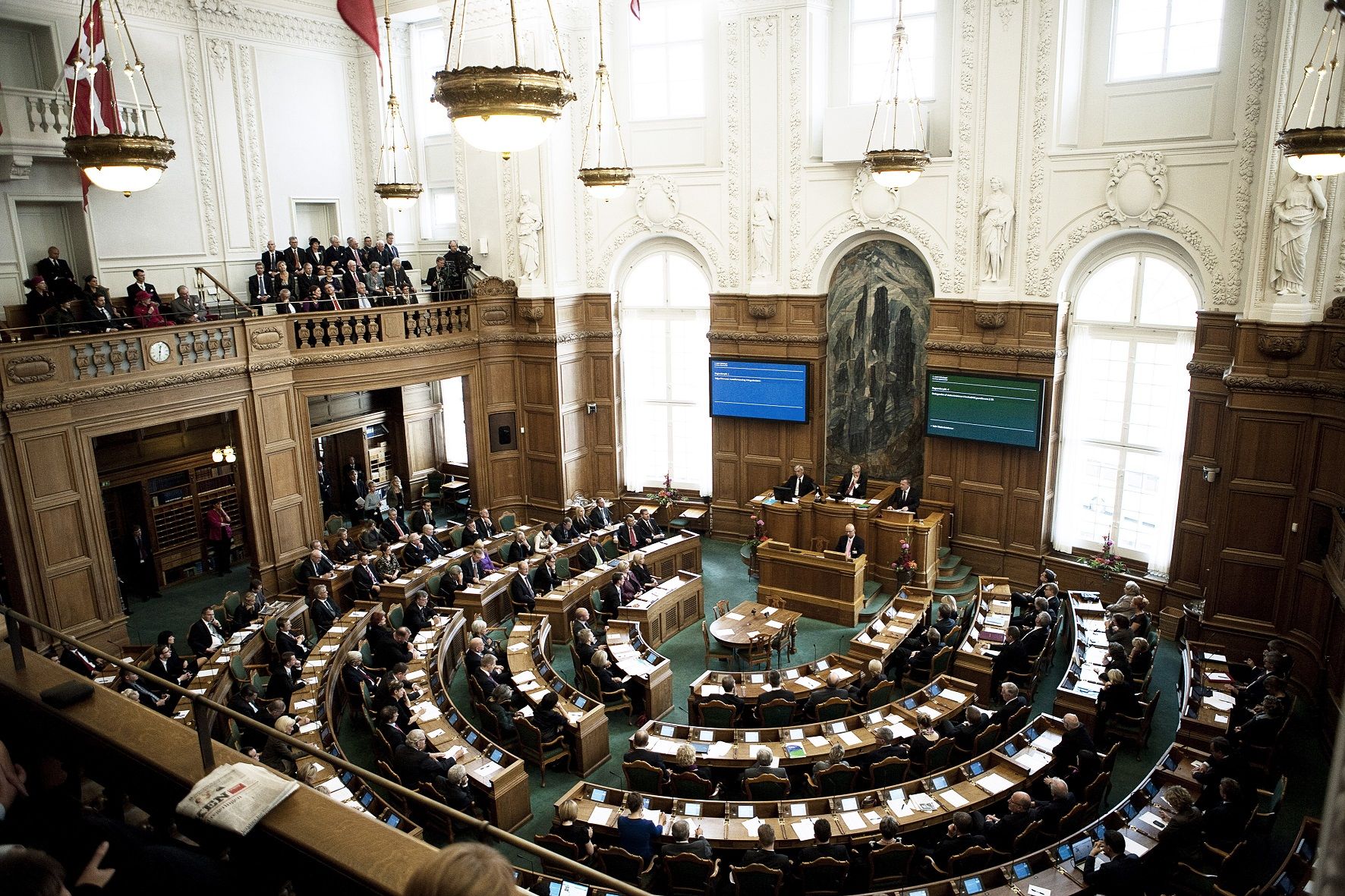Politicians are getting younger and some have many working years ahead of them after leaving office. In the 1950s the average age of an MP was over 50. At the last election this had fallen to just 44. Bertel Haarder is the longest serving MP currently in office, but his 35 years of service was exceeded by almost 30 members of Folketinget in the 19th and 20th centuries.
Life after politics
As Anders Fogh Rasmussen has shown by his appointment at NATO and Helle Thorning-Schmidt could confirm if she is successful in her UN bid, even reaching the top of Danish politics needn’t be the pinnacle of a Danish politician’s career.
But what if you can’t get that top job in international politics? Well, there’s always the private sector. At least that’s what we could be led to believe from recent career moves by some of Denmark’s political heavy-hitters.
Well-beaten path
At the beginning of this month Lars Barfoed became the latest heavyweight in Danish politics to enter the private sector. After 14 years at Christiansborg, the former leader of the Konservative party failed to get re-elected in this year’s general election, and on October 1 he started work as the head of public affairs and lobbying at the PR and communications bureau Communiqué.
Last year another former Konservative leader Lene Espersen, the former foreign minister, walked away from politics to take a job as head of the architects union Danske Ark, while Karen Hækkerup said goodbye to her cabinet position as justice minister to head the agricultural interest organisation Landbrug og Fødevarer.
Becoming a career path?
it is up for discussion whether these transitions are part of a trend towards using political careers as springboards to lucrative private work or whether they are simply a combination of opportunism and pragmatism.
Peter Munk Christiansen, a professor at the department of political science at Aarhus University, doesn’t necessarily see the recent traffic from the political sphere to the private sector as something altogether indicative of a new career pattern.
“I wouldn’t say it’s becoming a career path to move from politics to interest organisations because there are relatively few cases,” he said.
“Probably one reason for this is that the Danish Parliament isn’t very elitist. If it was a place that attracted the top talent in the country, there might be more cases of the private sector recruiting from there.”
More common abroad
Indeed, according to Christiansen, the phenomenon is much more common in other countries, such as in the UK and the US. In Denmark, the transition can be the result of changing political fortunes.



“For example, in the case of Karen Hækkerup, she was justice minister in a government that didn’t have much chance of staying in power,” continued Christiansen.
“She may have anticipated that the government wasn’t going to survive the next election and that there wouldn’t be a place for her in the new government. So when she got the offer, it seemed like the best option for her.”
Espersen was also facing pressure from within her party and falling support in the opinion polls when she made the switch, while Barfoed had received his marching orders from the voters.
Don’t have pick of jobs
According to Henrik Ørholst, a business commentator and editor of the executive newsletter VL Nyt, politicians don’t have the pick of any private sector job on account of their political past.
“Politicians are most attractive to interest organisations and for jobs in public affairs. They are generally less suited to jobs in pure business,” he said.
“For example, Lars Barfoed has started work in public affairs. It may be a good company, but it’s not a big company.”
Different skills
And Ørholst believes there is a reason for this, and it’s based on the comparative skills of politicians and business leaders.
“It is very different how you work in politics and how you work in business,” he said
“In politics it’s about negotiation and compromise, whereas in business it’s about taking decisions and carrying them out. In business if an employee isn’t performing you can fire them, but in politics you need to work for the voters.”
Private perks
According to Ørholst, for those who successfully bridge the gap, there can be significant benefits.
“Even a minister’s salary can’t compete with a CEO at one of the biggest companies. It could be as much as five times the amount,” he said.
“And there are other advantages to life in the private sector, such as your private life being more private – you can live a bit more under the surface. You can be the CEO of a major company without anyone really knowing your name.”
Competences and contacts
Nevertheless, it’s easy to see how politicians can be attracted to the private sector, and especially interest organisations that among other things seek to influence the legislative process. Politicians, especially those who have served as ministers, have first-hand experience of the inner workings of government and a unique network of contacts.
Christiansen points out that there is no code of conduct preventing those who have served as MPs or in government from using their insights and connections after they leave office. However, he is not particularly concerned about the risk of abuse.
No rulebook
“There are no ethical rules or guidelines governing ex-politicians in their dealings. But there can be legal rules: for example, prohibiting the use of insider information,” he said.
“I don’t think it’s problematic that politicians move to interest organisations, but I think it’s worthwhile noticing this traffic. The reason that it is less problematic in Denmark is that we have a very strong co-operative tradition and a tradition of very strong interest groups that are well known. So you don’t end up with politicians in strange disguises representing groups that aren’t known. This is different, for example, compared to the revolving doors of the EU.”
















